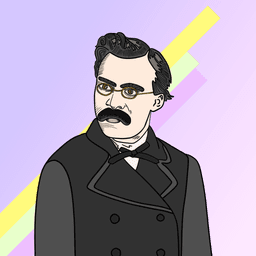Erst vs. Zuerst
Navigating the world of German can be simpler when you understand the difference between 'erst' and 'zuerst'. These words might seem similar, but they have distinct roles in describing sequences. Let's explore their meanings and uses!

Quickly understand 'erst' and 'zuerst'! 'Erst' means "only" or "not until," indicating an action occurring later. 'Zuerst' means "first," highlighting the initial step. It's all about sequencing.
Learning German can be an exciting journey, but sometimes similar words can cause confusion. Two such words that might puzzle beginners are erst and 'zuerst.' Let's dive into their meanings and differences.
Understanding the Difference Between "erst" and "zuerst" in German
"Erst"
The word erst is used in German to mean "only" or "not until a certain time." It indicates that something happens later in a sequence or timeline. Imagine you have a list of tasks, and you're emphasizing that a particular task occurs after some others. You can use erst to highlight that it's not happening immediately.
For example:

"Zuerst"
On the other hand, zuerst means "first" in English. It's used when you want to highlight the initial step in a sequence or process. If you're explaining the steps to bake a cake, you'd use zuerst to describe the very first action.
For example:

Example Sentences
I had to finish my homework first before going out.
He didn't start reading the book until he finished his chores.
They decided to watch the movie only after they had dinner.
First, I'll prepare the ingredients for baking the cake.
Before going to bed, she always brushes her teeth first.
You should study the basics of grammar first before attempting advanced exercises.
Subtle Difference
The key difference lies in their focus. Erst emphasizes that something occurs later in a sequence, while zuerst indicates the initial step. It's like comparing "only later" (erst) to "first" (zuerst).
In summary, remember:
- erst: Highlights that something happens later, "only" after other actions.
- zuerst: Points to the initial step in a sequence, "first" action.
Understanding the distinction between erst and zuerst will help you communicate more precisely and navigate everyday conversations with confidence.




